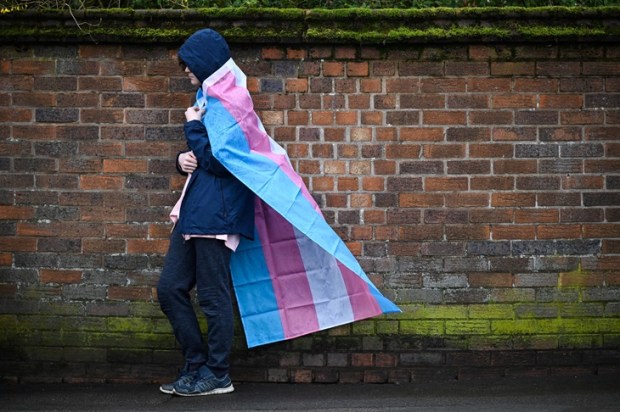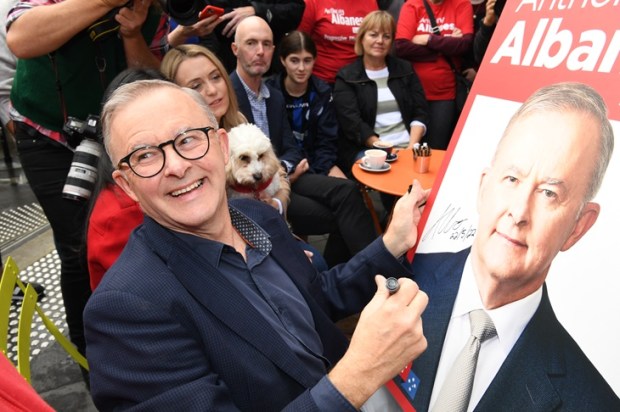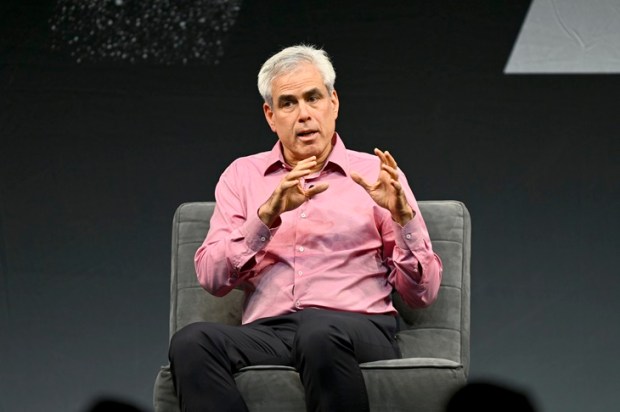We have seen abhorrent scenes in my home state of New South Wales. It has been thoroughly disappointing, but sadly, not surprising. My profound sadness includes what happened in Israel, but it was the moral depravity of what was chanted and acted out in the streets of Australia that has truly moved me.
I grew up in Sydney. I remember when I could ride my pushbike through the streets of what was then the Western suburbs. I remember on New Year’s Eve running through the streets of our suburb with our youth group wishing all the adults we knew ‘Happy New Year!’ They would come out and wave, and we would move on, eventually returning my mum’s pots and pans to her kitchen before retiring with smiles on our faces (and no alcohol in our blood).
The diversity of our country wasn’t as broad as it is now in the West, but we didn’t notice any stark differences other than good-natured stereotypical humour. This included the ‘short jokes’ and nicknames I carried. But we would look out for each other, regardless of those differences. Basically, we learnt so much together.
I also remember when the first Chinese families moved into the area. The only cultural matter under discussion was the food. When we had our first takeaway, people’s food tastes started to appreciate the cuisine. That was a normal part of exploring what these new neighbours had to offer while they worked hard, just like us, in an aspirational suburb.
And of course, through the 70s and 80s, the representation of different nations kept growing. In our neck of the woods, it seemed to work, because we had enough core values in common. But then there was a debate about this thing called ‘multiculturalism’. In the social sciences, this extended into a creeping cultural relativism – the idea was that no one could judge any aspect of another culture.
Some of us started to ask questions about this. How could we learn the best of what was on offer if we could not do a ‘compare and contrast’ across all cultures? In typical university ideological blindness, the question was avoided. Similarly, any suggestion that it was good to conserve the best of the past was gradually transmogrified into being an imperialist evil.
From where did this come? From the belief system of the Left. They cannot conserve because they do not care about truth. They care about succeeding to achieve their ends. And their end is to transform society into their likeness, which means moving towards central controllers who shape the lives of Mr and Ms Everyperson towards increasing dependency on the State, ‘for their safety and comfort’.
What we saw in the horrific acts of terrorists in Israel and the public commendations of those acts in Australia is the direct outcome of these ideas being put into practice. It is why so many of the Labor responses were mealy-mouthed. It is why the Greens are cheering the chaos-making.
Another consequence is that our Police have been dumbed down so that they cannot understand what protecting good and preventing evil is about. They can shoot rubber bullets at protestors who do not believe in the secret science of lockdowns, but appear to stand around in a perimeter protecting those who shout hate and support the massacre, torture, rape, and beheading of Jews by a designated terrorist group. Pathetic does not start to describe the political leaders who have let us slide to this level of incivility, as John Howard described it.
Here is a warning that was given in 1996 – when it was said, the Federal Parliament sat in silence, in shock:
Immigration and multiculturalism are issues that this government is trying to address, but for far too long ordinary Australians have been kept out of any debate by major political parties. I, and most Australians, want our immigration policy reviewed, and that of multiculturalism abolished.
That was part of Pauline Hanson’s maiden speech. She self-confessed that she was not the most sophisticated person in politics (which time has confirmed). But more sophisticated people gave similar warnings about the politics involved, including the dangers of what I call ‘therapeutic journalism’, where feelings and personal emotions are the dominant framework of questioning and commentary. Here is one historian’s warning from the 1990s:
There is a strong view, reinforced by a section of the media based in Canberra, that certain topics are too dangerous to be handed to the people for decision at election time. Immigration is one topic … Aboriginal affairs is another topic not to be trusted to the people … it will remain a smouldering topic in Australia for many years to come.
That was Geoffrey Blainey. The voice of immigration is now dangerous because we have let people live here without adopting our core values of universal respect, which is the basis of being able to live under the equality and accountability of the rule of law. Separatist Aboriginal affairs may also soon be a dangerous Voice if it also ignores universal respect and accountability to the rule of law.
If immigration and activist Indigenous activism are managed without integration of our core values, this will lead us backwards to our historical natural bent of social inequality of worth. Social inequality of worth leads to unrest, and too often, violence. It has taken us millennia to learn what universal respect can look like, and it is only a very recent achievement. Whether we can hold onto this unique social structure is an open question.
In the meantime, I do not want politicians to mouth platitudes without courage, or plans without transparency, or pseudo-morality without natural law. But the best lie is the one looking like the truth, and such deception is now a common means to personal ends in Australia. Give us wisdom to discern the difference between the two.

























